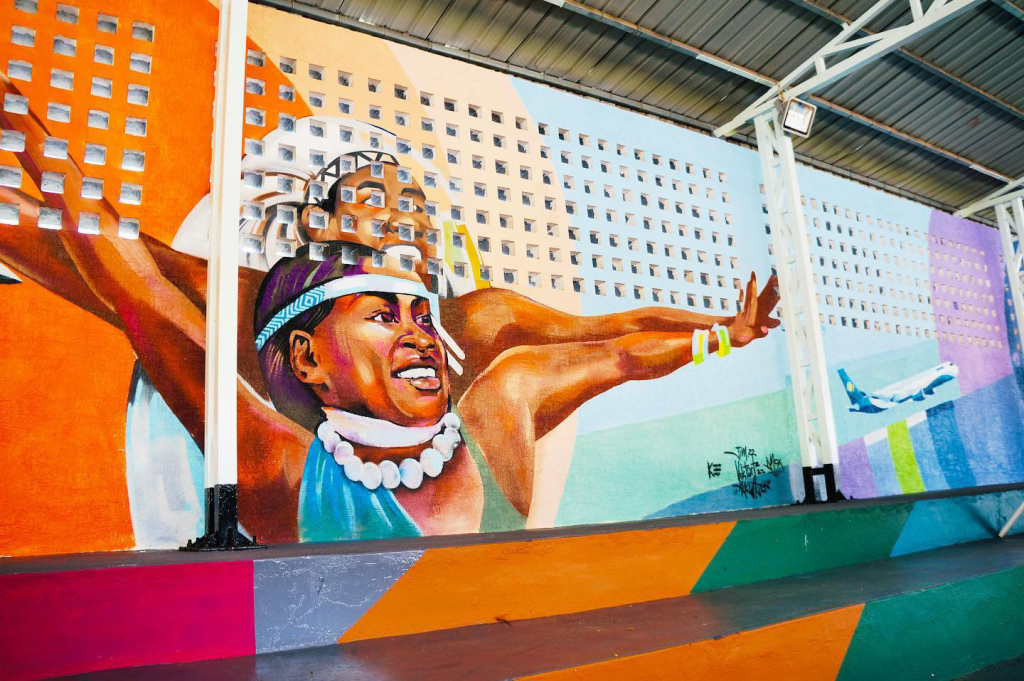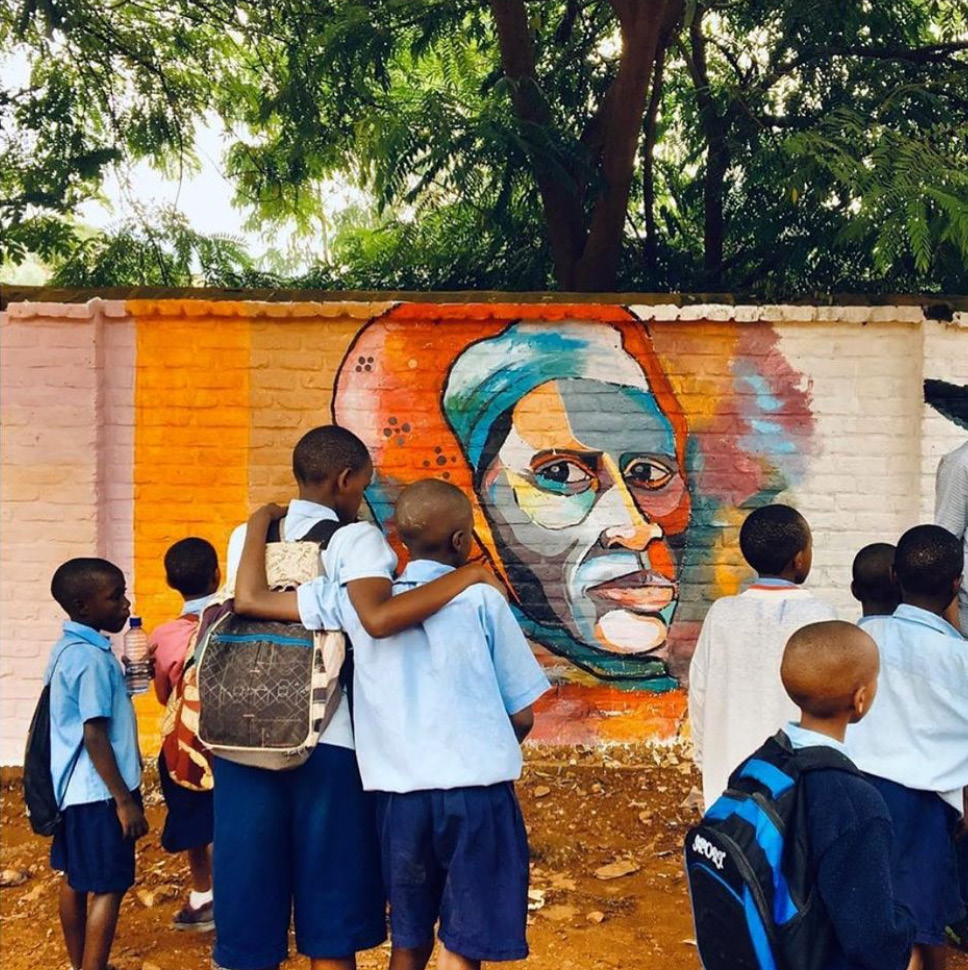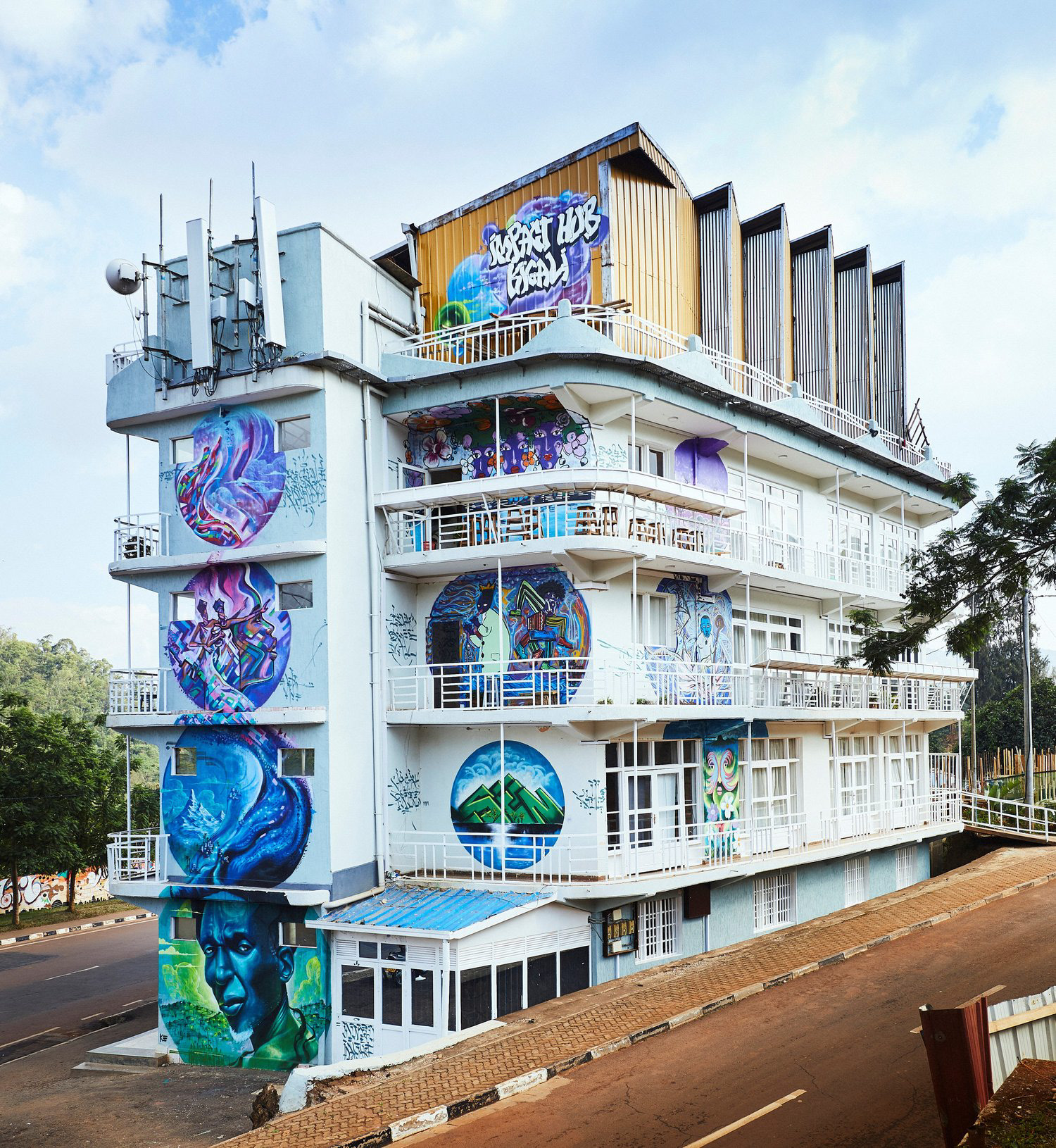Art is increasingly moving beyond its traditional roles of beauty and entertainment, emerging as a powerful and dynamic force for social change in Rwanda.
Initiatives like Kurema, Kureba, and Kwiga are at the forefront of this transformative movement, skillfully merging creative expression with impactful activism to address critical societal challenges such as reconciliation, climate change awareness, and youth empowerment.
This innovative approach demonstrates that art can be a fundamental cornerstone of societal development, actively healing communities and inspiring innovation.

In Rwanda, art is not merely a mirror reflecting society’s aspirations and struggles; it is actively shaping its future. Organizations such as Kurema, Kureba, Kwiga have pioneered projects that transcend mere aesthetics to tackle deep-seated issues.
Claudine Umutoni, a project coordinator for one such initiative, powerfully emphasizes, “Art is a tool for healing and education.” This guiding philosophy underpins their community-centered approach, which seamlessly integrates creative workshops with meaningful dialogue, fostering a space for both artistic creation and social discourse.
For example, public murals have become potent instruments for fostering reconciliation. These large-scale artworks provide compelling visual narratives that serve as poignant reminders of Rwandans’ shared history while vibrantly celebrating unity and resilience.

Beyond reconciliation, workshops tailored for youth delve into pressing issues like climate change, actively encouraging young participants to reimagine their roles in promoting environmental sustainability and responsible stewardship.
The tangible impact of these efforts is evident: a mural in Kigali, for instance, transformed a previously neglected public space into a vibrant hub for community interaction and engagement. Stories from participants frequently highlight personal growth, with many young people discovering and amplifying their voices through the medium of art.
Crucially, these initiatives have succeeded in sparking vital conversations on subjects often considered sensitive or taboo, underscoring art’s unique capacity to engage and educate diverse audiences.
Through programs spearheaded by organizations like Kurema, Kureba, Kwiga, art is actively fostering reconciliation, promoting environmental awareness, and empowering youth to overcome challenges, including those related to unemployment.





